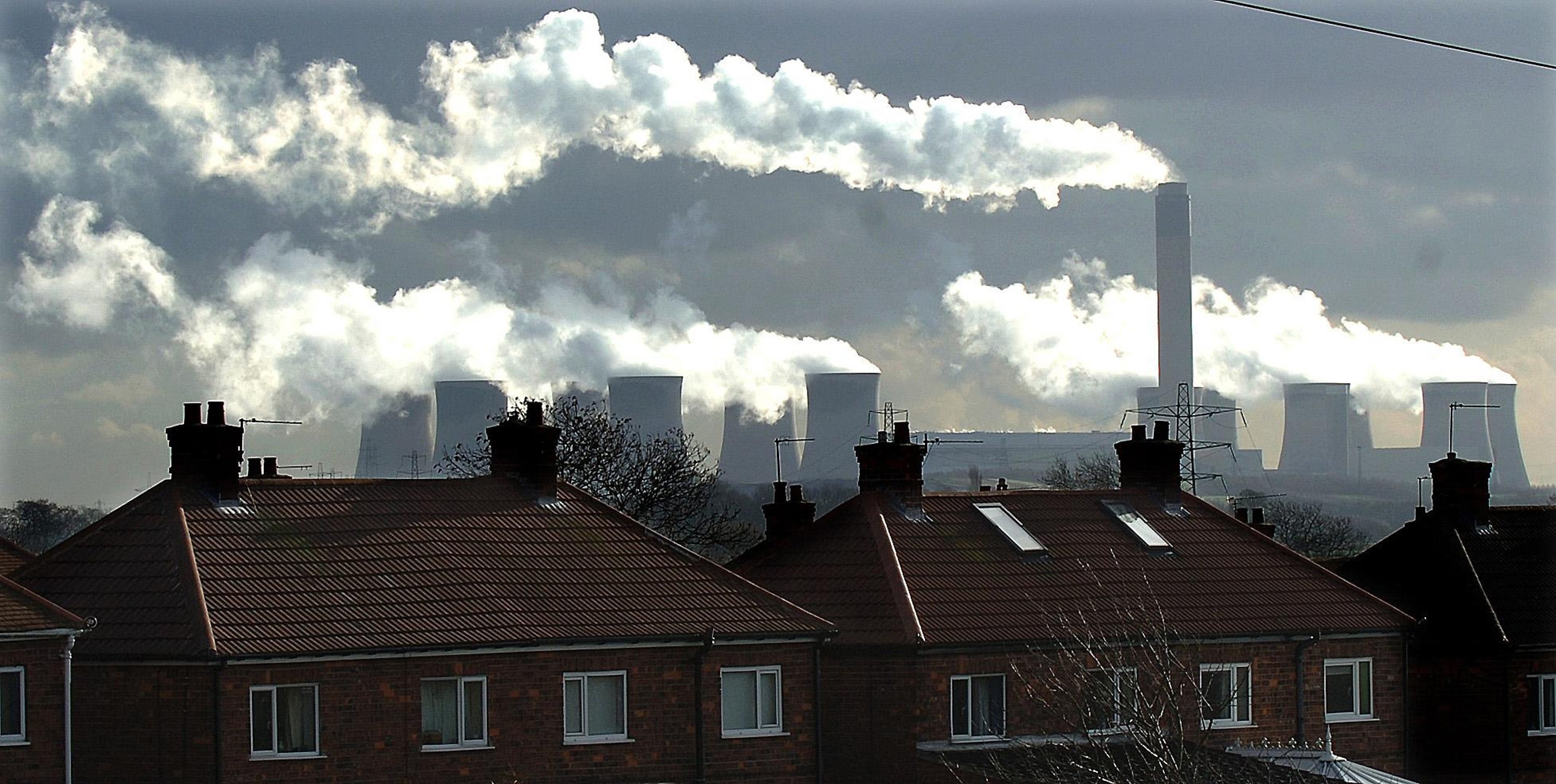Government mulls plans to spare industries from higher carbon cost
Officials said prices have been high enough for the last four months that they will have to decide whether to step in and make changes by January 18.

Your support helps us to tell the story
From reproductive rights to climate change to Big Tech, The Independent is on the ground when the story is developing. Whether it's investigating the financials of Elon Musk's pro-Trump PAC or producing our latest documentary, 'The A Word', which shines a light on the American women fighting for reproductive rights, we know how important it is to parse out the facts from the messaging.
At such a critical moment in US history, we need reporters on the ground. Your donation allows us to keep sending journalists to speak to both sides of the story.
The Independent is trusted by Americans across the entire political spectrum. And unlike many other quality news outlets, we choose not to lock Americans out of our reporting and analysis with paywalls. We believe quality journalism should be available to everyone, paid for by those who can afford it.
Your support makes all the difference.The Government could step in to slash the amount that airlines, the power sector, and heavy industry pay for each tonne of carbon they emit into the atmosphere as prices remain unexpectedly high.
Officials said prices have been high enough for the last four months that they will have to decide whether to step in and make changes by January 18.
Companies that are covered by the Emissions Trading Scheme (ETS) must buy one so-called allowance for each tonne of carbon dioxide they emit.
This adds extra cost to dirty fuels such as coal, and makes cleaner fuels, including natural gas, or fully green technologies more economical.
It is the second time in two months that officials have triggered the so-called cost containment mechanism, which happens when the carbon price is consistently above expectations.
Carbon prices have remained high in recent months for a variety of reasons, including the spike in natural gas prices making it relatively cheaper to burn coal, even when including the cost of the extra carbon that is emitted.
This has pushed up demand for ETS allowances, and in turn the price has risen.
But last month the Governments of the UK, Scotland Northern Ireland and Wales decided that, while prices were unexpectedly high, they would not step in to lower them.
“This decision is based on the specific circumstances at the current time and does not prejudice future decisions,” a statement from the UK ETS Authority said at the time.
The ETS was set up after Brexit to replace a similar system that operated when the UK was part of the European Union.
But the UK’s ETS has consistently remained between 5% and 10% more expensive than its European counterpart since it came into force a year ago.
Experts say that there might be several reasons for this. One could simply be that there are fewer participants in the UK ETS market, which means fewer sellers, thus keeping prices artificially high.
There has also been speculation that companies might be trying to trigger a Government intervention to push down costs.